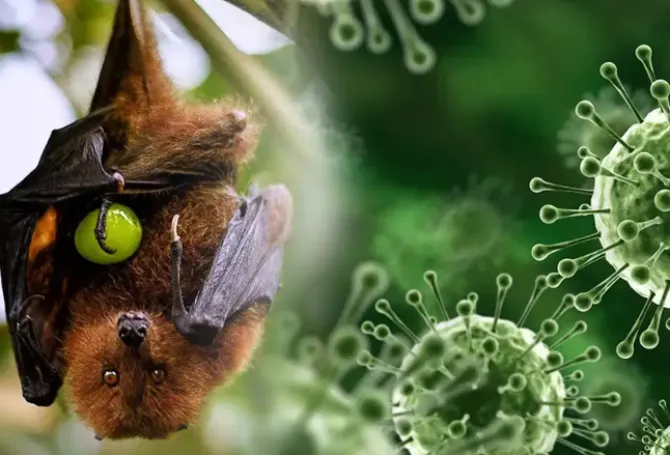What Female Hormones Affect Sexuality
Most people don’t know or realize that testosterone exists in small quantities in women. Equally surprising to the same people is the fact that female reproductive hormones exist in men.
They have roles to play, and it isn’t all about sex or sexual desire. It is interesting to delve into how hormones affect female sexual desire because for far too many decades the focus has been on men and men’s sexual desires.
The research has slowly been shifting to female sexual desire and female hormones over the last fifty years. However, it is a complicated bit of research trying to learn about women’s sexual desire and sex hormones. Hormone levels in female bodies are constantly changing throughout their cycles, the seasons of the year, and even monthly menstrual cycles.
Here’s a sample of the research thus far.
Fact vs Fiction about the link between libido and hormones
Because testosterone governs male sex drives, it was always assumed that the low levels of testosterone in females are what drives their sexual desire too. That’s not always true, studies in the last 20 years looked at blood and saliva samples of estradiol and testosterone in females.
Studies were looking to see which elevated levels of these two sex hormones correlated with an increase in female sexual desire. Surprisingly, the role testosterone plays in women’s health is just as important as the role of other female hormones such as estrogen and progesterone..
Researchers are circling back to reconsider “female viagra” that uses male hormones to create or increase sexual desire in women who have hypoactive sex drives. It is important to note that increased female sex drives are the result of rising levels of estradiol and extra time or availability.
Progesterone killed female sex drives, and testosterone had no part in the sexual desire of the test subjects at all. What testosterone shows a small positive relationship with aggression in women and is somewhat unpleasant, which definitely kills the sex drive of any potential mate.
Why more research on female sexuality is needed?
Researches on female sexual desire are too new and there’s not enough of it. As previously stated, the current society and the last two hundred years of study on the sex drives of men have been the primary focus.
Women were just considered “recipients” and “vessels” for men for so long that the concept that women could even have a sex drive was somewhat foreign or considered distasteful and lewd. Hence, there hasn’t been enough research and there needs to be more in order to understand how, when, and where women feel the urge to get a little freaky.
More importantly, because every woman’s monthly menstrual cycle is different, it means that the sex drives and times of the month when any woman is interested in sex is going to be very different. There is no research that can tell us that this woman or that woman is “raring to go” at a specific moment.
Being right in the middle of your period doesn’t seem to stop some women from having sex either, so long as they have partners that don’t mind having sex while menstrual blood is flowing.
There’s also the issue surrounding women who have regular and monogamous partners versus women who have multiple partners. “What dictates the reason or motivation for one woman to have lots of random sex versus the woman in a relationship to have sex?”, “Is the drive lower for the woman in a relationship because she has access to a sex partner, or will she have an equally high drive because she has a partner?”, “Does emotional intimacy with just one person cause a woman’s hormone levels to shift down or up?”. There are so many questions that require their own research study that it is impossible to say before actual research has been completed.


